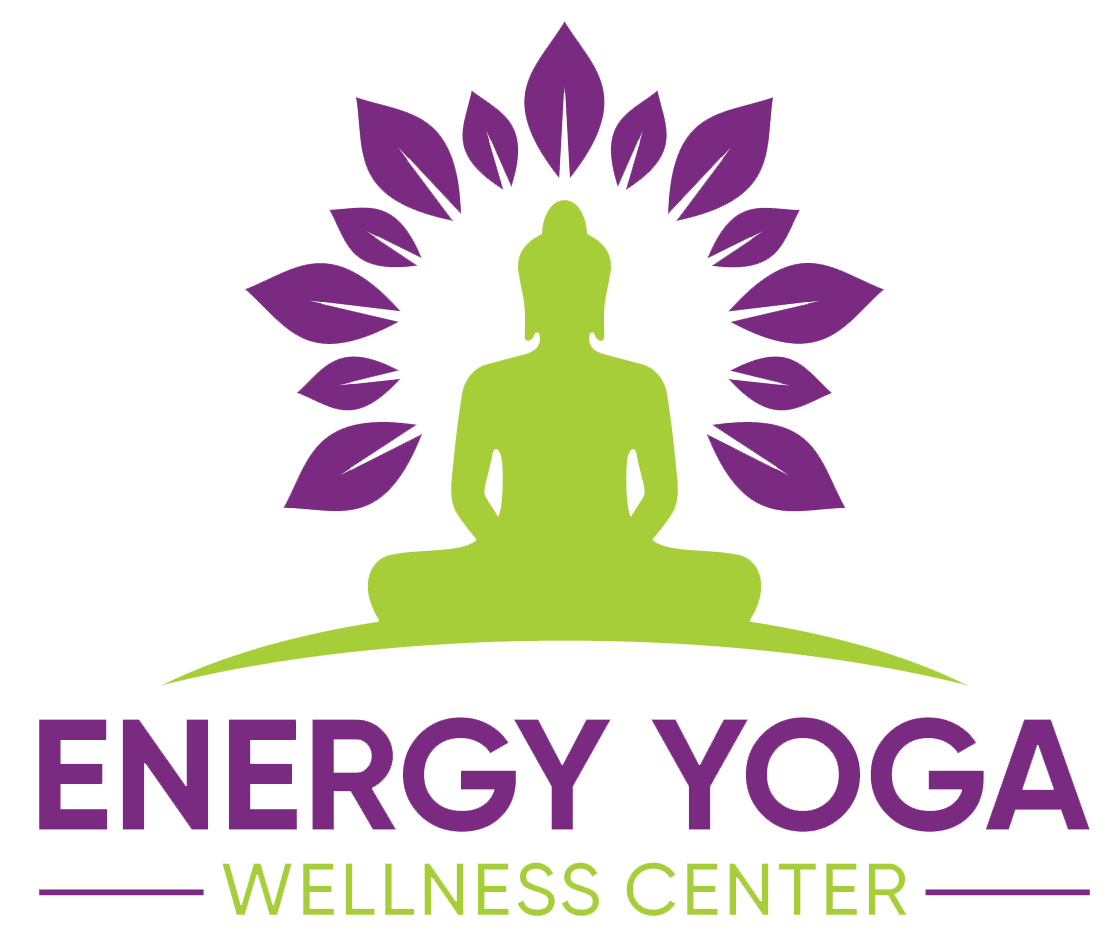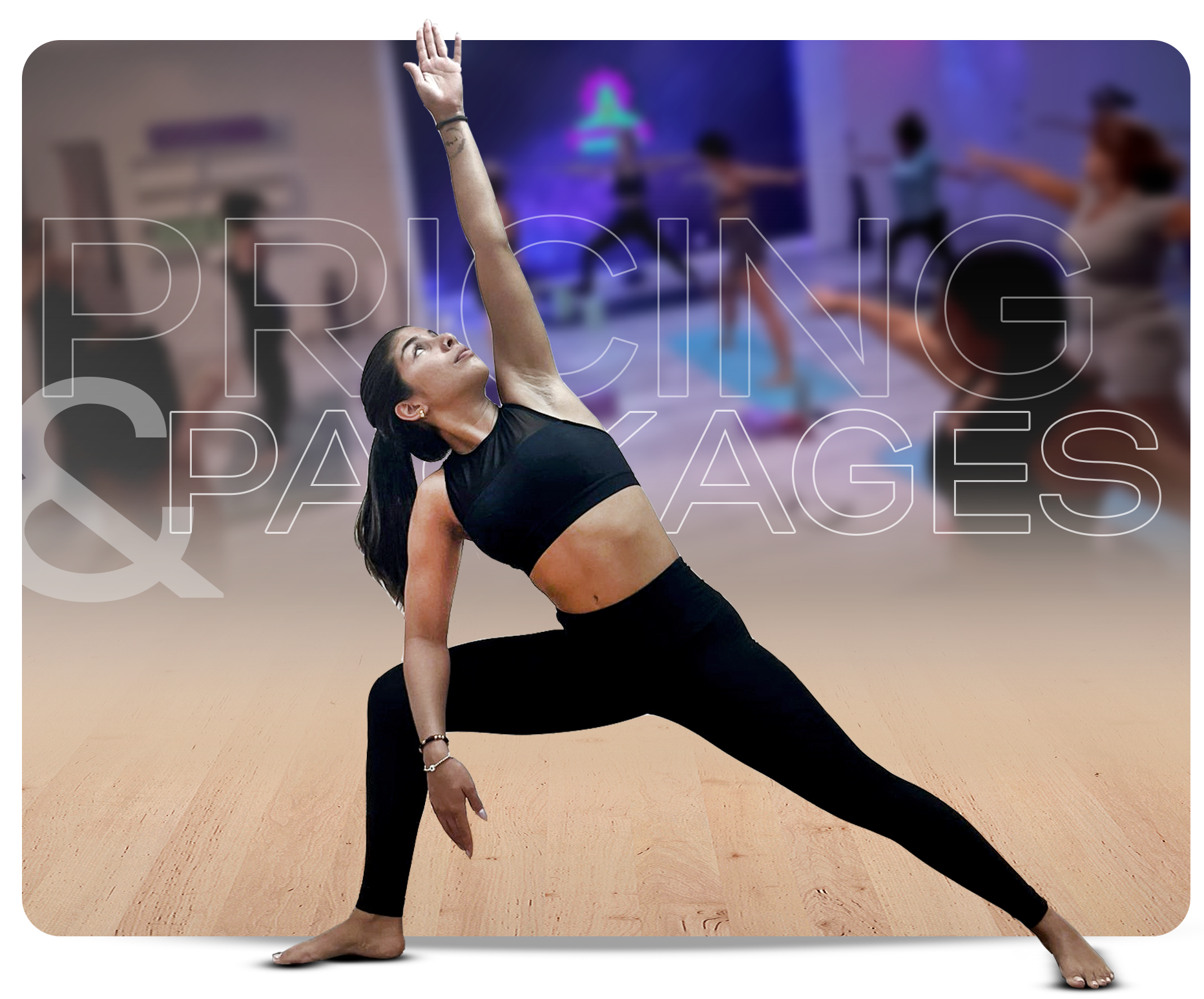WEEK 37.2 (SEPT 13- SEPT 19) – BE THE MOON IN SOMEONE’S ELSE’S DARK NIGHT
“We spend so much of our lives fighting for everything we get, that when things come with ease they feel unnatural, but ease if how life should flow, with no resistance.” – David Scott
In yoga, we talk a lot about living in a state of grace. What is grace?
Grace commonly refers to a smooth and pleasing way of moving. Doing difficult things like asanas and making them look easy.
“Nobody is perfect. People are going to tell you you’re perfect just the way you are, you’re not. You are imperfect. You always will be. But there is a powerful force that designed you that way, and if you’re willing to accept that, you will have grace. And grace is a gift.”
“Clearing clutter—be it physical, mental, emotional, or spiritual—brings about ease and inspires a sense of peace, calm, and tranquility.” – Laurie Buchanan, PhD
“Be the moon in somebody else’s night. Be a lighthouse in someone else’s storm.” – David Scott
“When you brighten the path for others, you also light up your journey.” – David Scott
“Success is most often achieved by those who don’t know that failure is inevitable.” – Coco Chanel
“A true artist is not one who is inspired, but one who inspires others.” – Salvador Dali
“Discover your love language and inspire others to find theirs by the way you express your love to them.” – David Scott
“The best and most beautiful things in the world cannot be seen or touched—they must be felt with the heart.” – Helen Keller
“Many of life’s failures are people who did not realize how close they were to success when they gave up.” —Thomas A. Edison
“What we do for ourselves, will die with us. What we do for others will live on.” – David Scott
“One little spark can start a forest fire. Be the spark in someone else’s life to ignite their inner fire of passion.” – David Scott
“If your actions inspire others to dream more, learn more, do more and become more, you are a leader.” – John Quincy Adams
“You life is your message to this world. Make sure it is inspiring. Do not give to get, but give to inspire.”
Ease & Grace – This is a time to learn and adapt. You are being guided to slow down, take your time, take in the current moment, and allow space for events to occur. You often put too much pressure and expectation on yourself, and this is not required. Also, with constant effort and rush, you’ll find yourself becoming overwhelmed and tired. When you are too forceful, you use up too much energy, and that may hinder your progress at this time. If you are in a difficult situation at work or with other people, don’t feel you have to prove your skills, talents, or worth. Just step back and breathe, and through grace you will be seen, understood, and recognized for who you truly are.
You are being guided to flow like water. Don’t feel the need to rush or force your way ahead—a gentle approach will be more rewarding. Have patience and move with subtlety and grace. Your angel guide is encouraging you to see life as a dance. One step at a time, you will make your way through this incredible journey, learning more and growing along the way. How can you move with more elegance? How can you slow down? How can you bring more grace and poise to your current situation? This is a time to soften, breathe, and move in a way that is steady but flowing. This information may come as a surprise or even a challenge to you, but your angels know it will be beneficial for what is coming your way next.
Did you know negative energy can become addicting?
“Oddly enough, angry impatience feels good, in the way six cups of coffee feel good. There’s that wired, teed off, on-pins-and-needles, irritated sort of energy that makes me ready to conquer the world, or at least the day.” Terry Hershey, The Power of Pause
But like six cups of coffee, there is always a crash after the adrenaline wears off and a wake of destruction in your wake.
STAR Wars Conversation between Yoda and Luke Skywalker
“Yes, a Jedi’s strength flows from the Force. … Anger, fear, aggression; the dark side of the Force are they. Easily they flow, quick to join you in a fight. If once you start down the dark path, forever will it dominate your destiny, consume you it will, as it did Obi-Wan’s apprentice.” Yoga in speaking to Luke Skywalker
“Is the dark side stronger?” Luke
“No, no, no… Just quicker and more seductive.” – Yoda
“So how am I to know the good side from the bad?” – Luke
“Ah… You will know… ;when you are calm, at peace and passive.” Yoda
“Dear God, please don’t let me be too busy to recognize your blessings, or hear your voice.” – Germany Kent
“Hope is the grace of endurance in the stormy days that keep us walking until we see a rainbow, knowing we made it to the other side of doubt.”
“Those who flow as life flows know they need no other force.” Lao Tzu
“Energy flows where intention goes.” Rhonda Byrne
“Everything is temporary. The emotions you are feeling right at this moment, thoughts streaming across the canvas of your mind right, people in your life, and your scenery. They flow into your life and and they flow away, in the dance of impermanence. Grace is moving through life in harmony and with acceptance of these changes. Like a surfer, flowing with the force of a wave and carrying them forward in graceful balance. Let it come, let it go, let it flow.” David Scott
“Flow doesn’t come to those who try to do things well, it comes to those who try to do things freely.” – Barry Michaels
It is not the strongest person who wins in life, but it is the most nimble, flexible, and adaptive person who wins in life.


